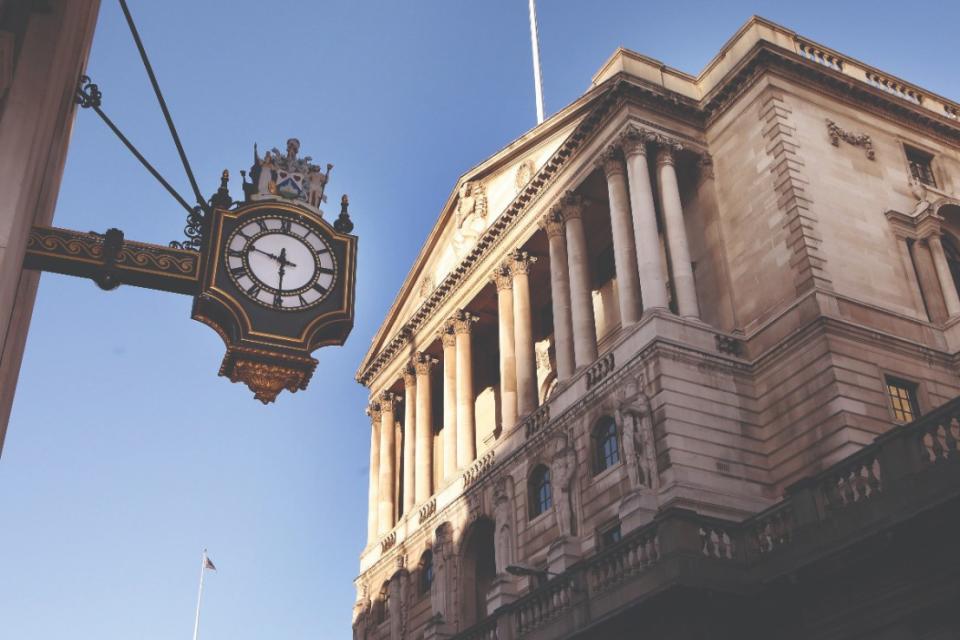Inflation set to return to two per cent target in boost for Bank of England

Inflation is expected to fall to its lowest level in nearly three years when new figures are released on Wednesday, helping to pave the way for summer interest rate cuts.
Economists at the Bank of England expect the headline rate of inflation will fall to 2.1 per cent, down from 3.2 per cent in April. Some City forecasters think inflation could fall below the two per cent target.
The reduction in Ofgem’s energy price cap at the beginning of April will be the largest contributor to the fall in inflation. This alone will knock around 0.4 percentage points off the headline rate. Easing food and goods inflation will also help drag the headline rate lower.
The news will be a boost to the Bank of England as it considers when to start cutting interest rates. Markets are convinced that the Bank will start cutting interest rates this summer but are not sure whether cuts will commence in June or August.
“The MPC has implicitly increased the focus on the data by opening the door for a June rate cut conditional on the forthcoming data,” Sanjay Raja, chief UK economist at Deutsche Bank, said.
However, Ashley Webb, UK economist at Capital Economics, cautioned that inflation falling to two per cent would not be the end of the story. “If inflation does fall below 2.0 per cent, that would not mean the UK’s inflation problem is solved,” he said.
Webb pointed out that wage growth and services inflation, both of which the Bank of England have identified as indicators of inflationary persistence, still remain around six per cent.
The Bank will need to see further progress on both measures before they can feel comfortable cutting interest rates.
Data out last week showed that wage growth was unchanged in the first quarter of the year, although slack continued building in the labour market which should help reduce wage pressures going forward.
Turning to services inflation, the Bank forecasts that services inflation will drop to 5.5 per cent in April, down from 6.0 per cent in March.
The Bank expects that residual price pressures will put upward pressure on inflation for the remainder of the year. In its latest round of forecasts, it predicted that inflation would rise back up to 2.6 per cent by the end of the year.

 Yahoo Finance
Yahoo Finance 